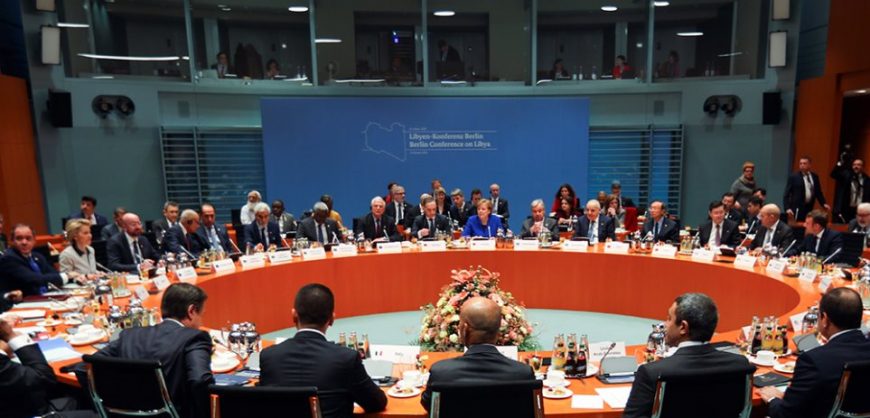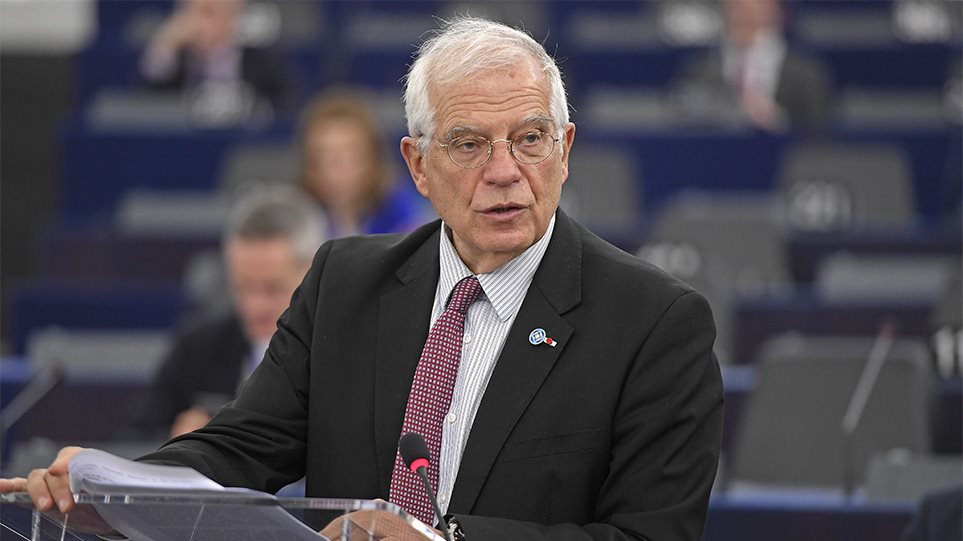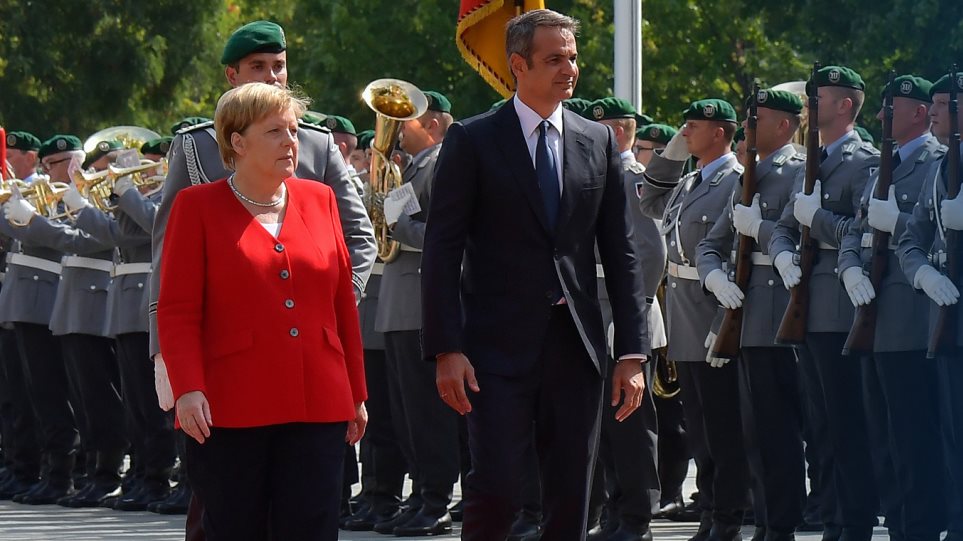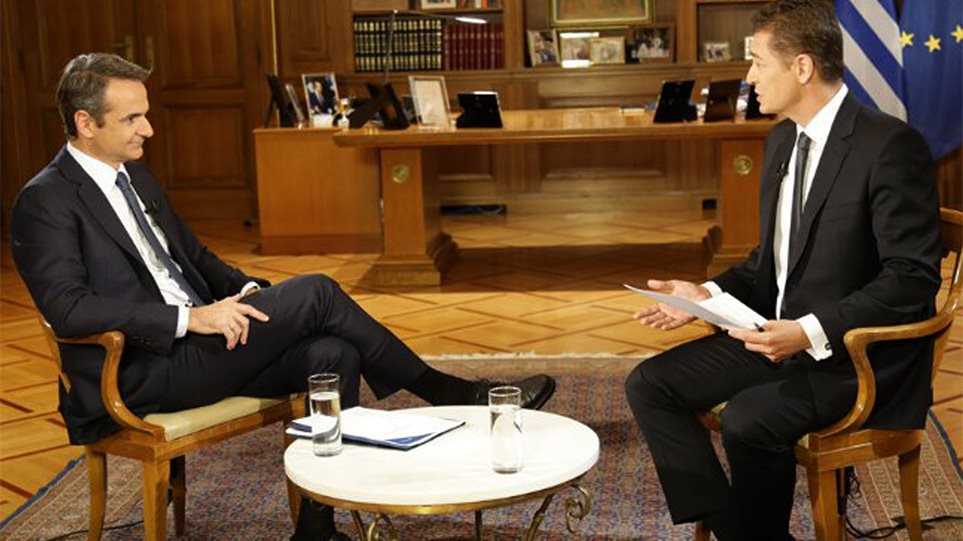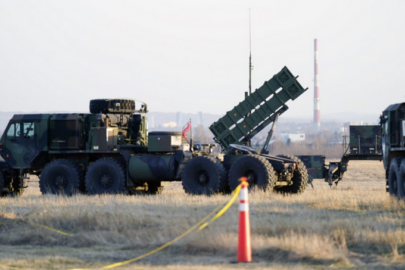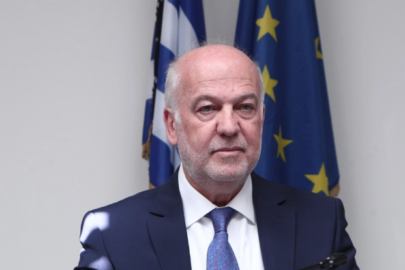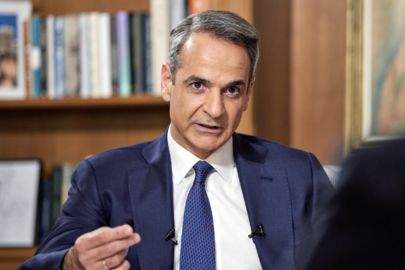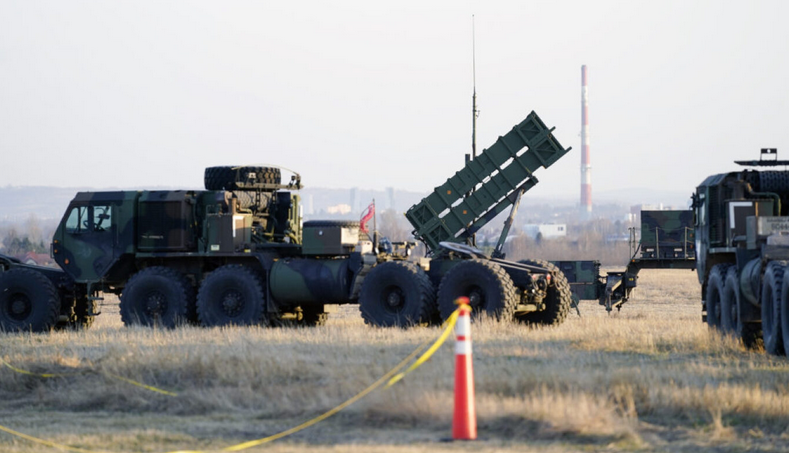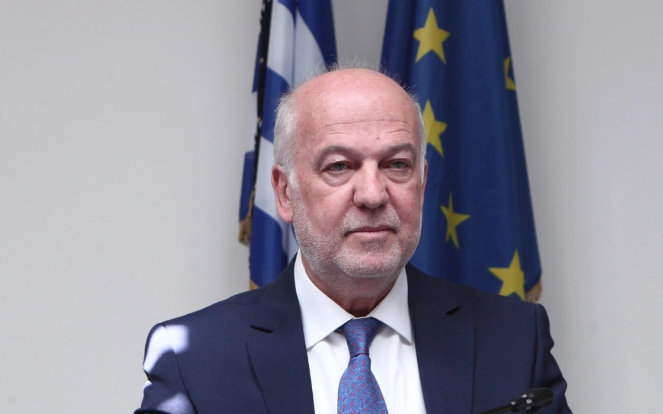Participants agreed on a ceasefire as well as respecting the arms embargo and ending military intervention in Libya, which has suffered a decade-long civil war.
The decision annuls Turkey’s plans for military support from the internationally recognized government of Fayez al-Sarraj.
Russian Foreign Minister Sergei Lavrov said the two sides in the Libyan conflict had failed to launch a serious dialogue.
“We have agreed to implement the arms embargo. The participants pledged to avoid armed conflict and interference in Libya’s internal affairs”, UN Secretary-General Antonio Guterres said.
The President of the EU Commission, in a post on Twitter, said she would talk to the UN Secretary-General on the next moves in Libya on the basis of decisions made at the conference.
French President Emmanuel Macron has earlier called for a “halt” in the dispatch of pro-Turkish rebel fighters to Tripoli to support the UN-recognized local government.
The UK could send “people and experts” to oversee the ceasefire in Libya, British Prime Minister Boris Johnson said on the sidelines of the Conference.

